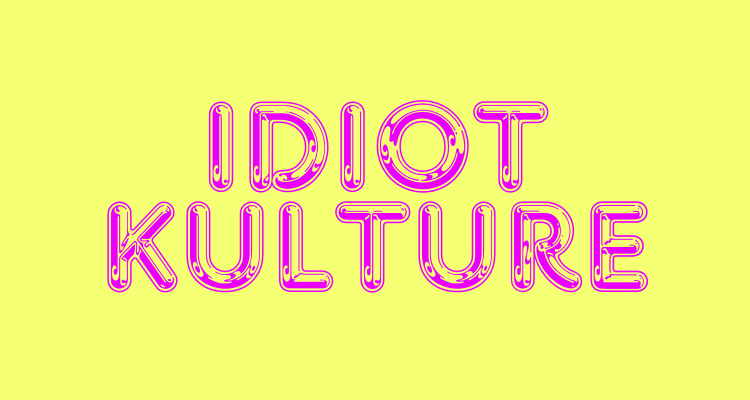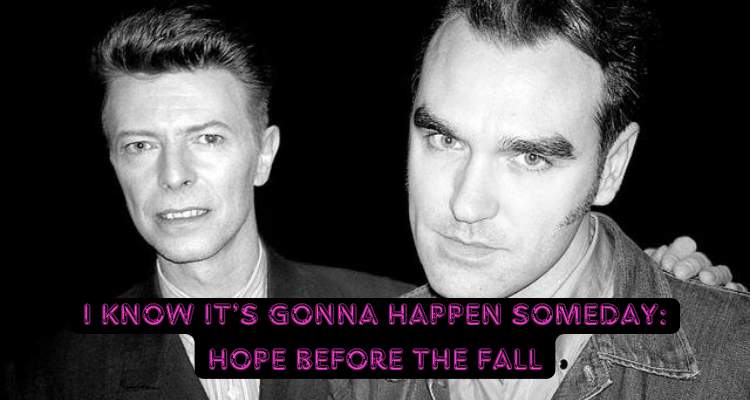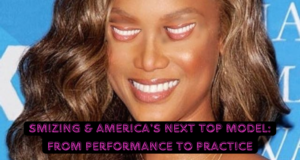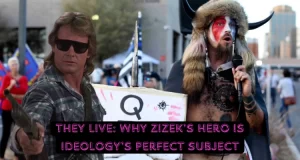In I Know It’s Gonna Happen Someday, Morrissey does something rare: he allows himself to believe in the possibility of change.
Released in 1992, before the co-optation of hope by New Labour and before the disillusionment that would define Maladjusted, the song presents a fragile but genuine optimism—a belief that something better is coming.
Hope Before Its Co-Optation
By 1992, Britain had spent over a decade under Thatcherism. The country had been hollowed out—industry dismantled, unions broken, working-class communities left to rot. The sense of collective identity that had once defined Britain was disintegrating.
Yet, in I Know It’s Gonna Happen Someday, there’s a glimmer of belief that this state of affairs is temporary.
My love
Whereverever you are
Don’t lose faith.”
This isn’t just personal hope—it’s collective, societal hope. Morrissey, for a moment, allows himself to believe that there will be a reversal, that Thatcherism will not define Britain forever. But there’s a melancholy underneath it—an unspoken fear that this hope might be misplaced.
New Labour and the Theft of Optimism
Fast forward just a few years, and hope did come—or at least, it seemed to.
- Tony Blair and New Labour swept into power in 1997, promising an end to Conservative rule, economic despair, and cultural stagnation.
- The working-class optimism that songs like I Know It’s Gonna Happen Someday expressed was harnessed for political gain.
- But instead of a real transformation, we got corporatized progressivism—a Labour Party that abandoned socialism for neoliberal centrism.
What I Know It’s Gonna Happen Someday didn’t predict was that hope itself would become a product, a brand, a marketing campaign.



